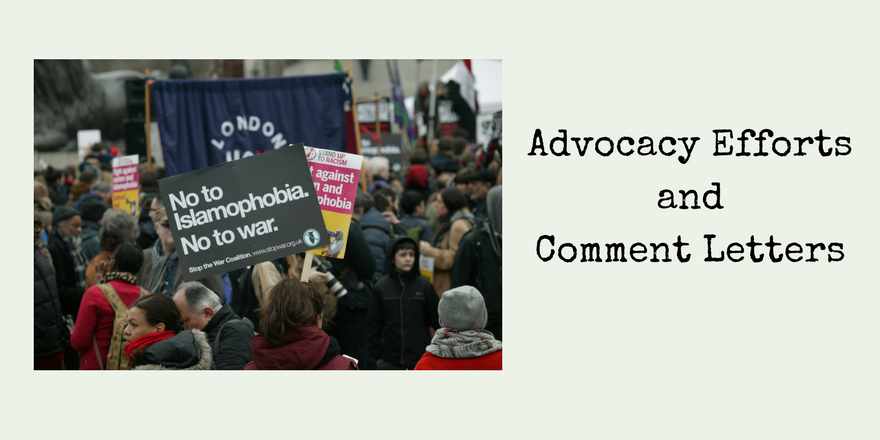January 6, 2004 Letter to Senators Warner and Allen
PO Box 8208
Alexandria, VA 22306-8208
January 6, 2004
The Honorable John William Warner
United States Senate
225 Russell Senate Office Building
Washington, DC 20510-4601
The Honorable George F. Allen
United States Senate
204 Russell Senate Office Building
Washington, DC 20510-4604
Dear Senators Warner and Allen:
As a constituent, I urge you to oppose the new extradition treaty between the United Kingdom and the United States. It contains a number of ill-considered erosions of judicial review and would threaten the due process rights of Americans.
I have read that the new treaty eliminates the American judiciary’s role in determining whether an extradition request should be denied on the basis of the political offense exception. This centuries-old provision protects Americans and others from political, religious or other impermissible persecution, and prevents the extradition of individuals who would become political prisoners in their home countries.
I understand that the treaty has far-reaching implications. The treaty would eliminate the statute of limitations as a defense against extradition, allow for “provisional arrests” and detentions, which can last for as long as sixty days with no formal extradition request providing supporting details — and for the treaty to be applied retroactively.
I strongly believe this agreement would hinder free speech. If the new treaty were ratified, an American who opposed British policy –- for example, an investigative journalist who wrote of police abuses in Northern Ireland for an Irish American newspaper –- could face arrest and extradition without having any ability to challenge, in an American court, whether the criminal charges are really a pretext for the punishment on account of race, religion, nationality or political opinion.
As the founder, editor and publisher of The Multiracial Activist and The Abolitionist Examiner, I find this prospect quite chilling. Once again, I urge you to oppose the new treaty and to support proper judicial review of extradition requests.
I look forward to hearing your thoughts on this matter.
Sincerely,
James Landrith


February 12, 2004
Mr. James Landrith
P.O. Box 8208
Alexandria, Virginia 22306-8208
Dear Mr. Landrith:
Thank you for contacting me regarding the proposed extradition treaty between the United States and the United Kingdom. I appreciate receiving your views on this important matter.
The United States and the United Kingdom have a long tradition of diplomatic cooperation rooted in shared principles of democracy, beginning with the Jay Treaty of 1794. The 2003 treaty replaces a 1972 agreement that underwent substantial revision in 1986. The United States signed onto this new agreement on March 31, 2003 and it currently awaits ratification before the U.$. Senate. Currently, it sits before the Senate Foreign Relations Committee. I am aware that several treaty provisions have been criticized and I intend to review the treaty thoroughly in the coming days. These objections aside, an updated treaty is needed to reflect changes of modern technology including computers. I am confident that a new treaty will lead to closer and more efficient cooperation between the two nations.
Thank you again for contacting me. I will take your views into consideration as this treaty comes before the full Senate for a vote.
With kind regards, I am
Sincerely,
John Warner
JW/sco